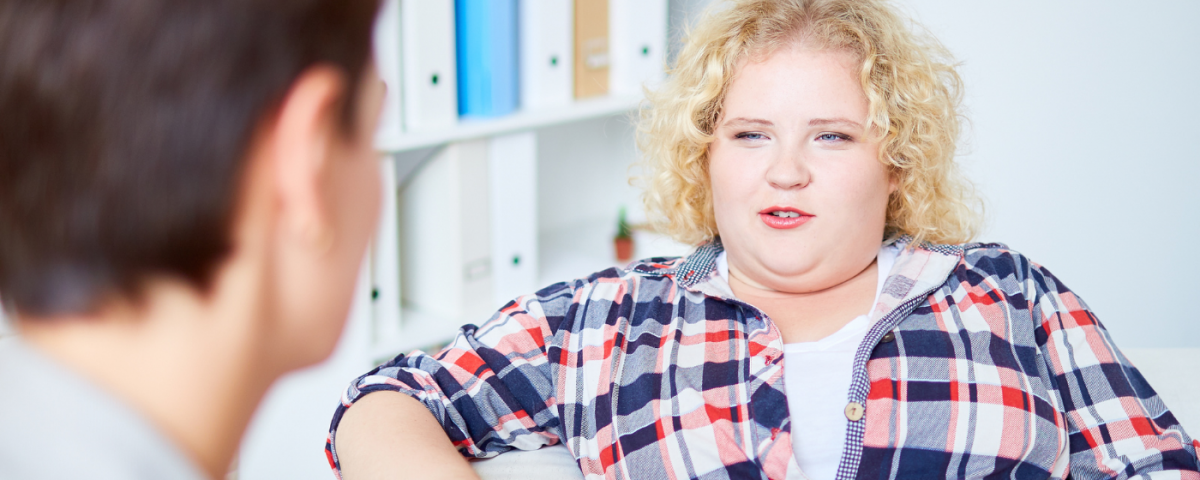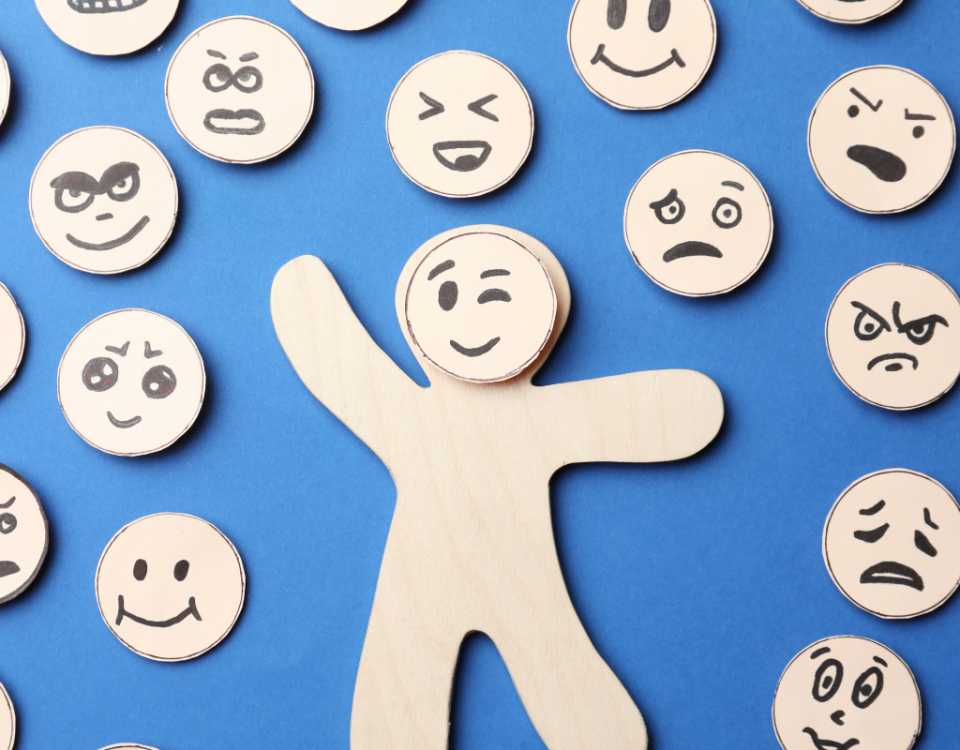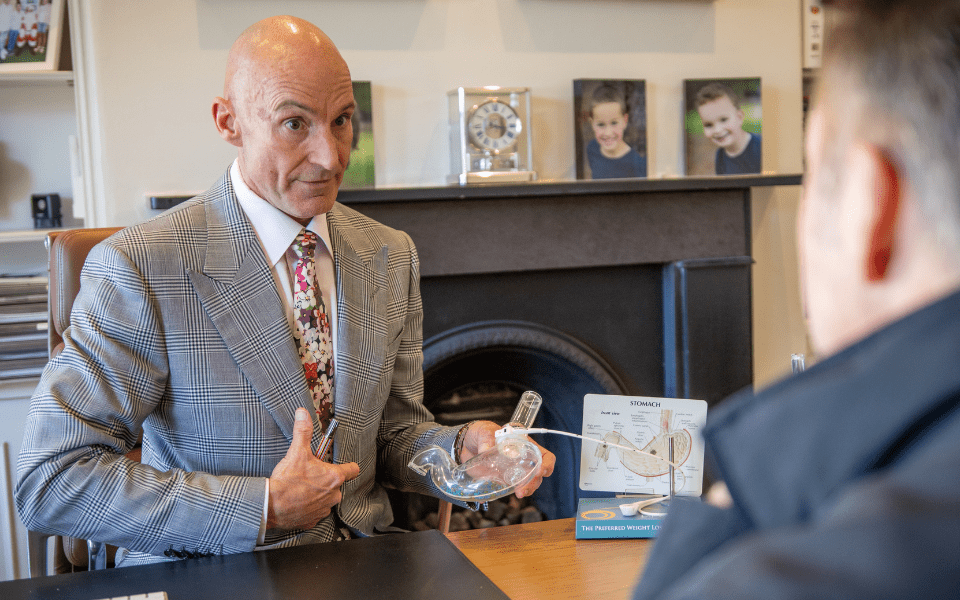
If you’re concerned about a friend, family member or loved one’s weight gain, here’s how to broach the conversation, courtesy of the Winnett Specialist Group psychologist Georgie Beames, who has a special interest in weight and obesity, emotional eating, self-sabotage and mind strategies for weight loss surgery patients.
DON’TS
X Use shame statements/questions such as “How much do you weigh?”, “Your knee hurts because you’re overweight,” or “What size are you?”
X Be the food police e.g. “Are you going to eat all of that?”, or “you shouldn’t be taste-testing the dinner?”
X Force the issue. Keep any initial conversations brief (as it may be painful for them).
X Continue to bring up the conversation if they don’t want to talk about it. Try again a week or two later or speak to your GP.
X Use accusatory words like “you should” or “you need to”.
X Frame the discussion around weight and food, or offer endless dieting advice (they are often expert dieters).
X Offer endless “helpful” weight loss hints.
X Discuss weight around other friends, family and colleagues or at dinner parties as this may be humiliating.
X Have weight discussions when you are in the middle of a heated argument about something else.
X Excessively monitor food or exercise.
X Have unhealthy food and drinks in the house. If it’s there it will be eaten!
X Have any juices or soft drinks in the house. Water is the mainstay (with mint, or fruit pieces to spice it up).
X Judge – your loved one may already feel ashamed. “I have never seen shame effect meaningful weight loss,” says Georgie.
X Limit the unhealthy “sometimes” food in the house and store it somewhere where it’s out of sight out of mind. Same for the juices and soft drinks.
DO’s
✓ Send a clear message you’re coming from a place of love not criticism – e.g. “I will always love you and because I do, I want to make sure you’re healthy and happy”.
✓ Say you want to have a frank conversation about health issues like diabetes, blood pressure and weight and ask for permission to discuss. If they don’t want to, tell them you’re here for them when they would like support.
✓ Tell them that it might be a difficult conversation but “it’s important to me”.
✓ Even better, time the conversation when THEY broach the conversation first or they comment about their weight or eating habits.
✓ Assume they are experts in their own body and have done many diets already (that often don’t work). Ask: “What have you already tried?” or “What worked best for you so far?”
✓ Encourage/organise family walks together or enjoyable forms of physical activity with friends.
✓ Suggest buying a dog to get the family outside more and to encourage fitness.
✓ Think replacing chips, fried chicken, burgers and chocolate with high protein chicken and salad, high protein yoghurt with drizzle of honey, low-carb bread, popcorn, small tins of chickpea snacks in olive oil, and hummus with celery sticks and carrot.
✓ Encourage group activities for teens who tend to spend all day “doomscrolling” on phones (reading negative social media body image posts and news feeds). Vigorous exercise releases feel-good endorphins and other beneficial neurotransmitters, which help improve mood and weight.
✓ Make activity easier for your loved one, for instance say you will watch the kids if they want to go to the gym.
✓ Think of yourself more of a supportive sounding board and listener, than a talker. Our mouths often get us into trouble, but our ears never do!
✓ Understand that this pattern of eating is a mental health issue, not a lack of willpower or self control. Ask questions: “How are you feeling”, “What else can I do to help you process and work through that issue/stress?”
✓ Recommend professional help. No one is expected to do this alone. Professional help including getting the right tools, can be so helpful to understand WHY they may keep turning to the food. Recommend a psychologist who has a focus in eating and weight.
Remember, when it comes to discussing weight loss and health with your loved ones, it’s important to tread carefully and with empathy. Avoid the “DON’Ts” listed above, which can lead to feelings of shame and resentment. Instead, focus on the “DO’s” to approach the conversation from a place of love and genuine concern.
If necessary, don’t hesitate to recommend professional help from a psychologist who specialises in eating and weight-related issues. Ultimately, the goal is to support your loved one in their journey toward better health and happiness, without judgment or criticism.
If you would like to get some guidance or you’re struggling with weight gain, feel welcome to contact our team at Winnett Specialist Group for professional advice.
Mr Jason Winnett
Laparoscopic and Bariatric Surgeon
P (03) 9417 1555 admin@winnettspecialistgroup.com.au
www.winnettspecialistgroup.com.au
Queens Terrace, 382 Victoria Parade, East Melbourne 3002
Sources:
- RACGP Clinical Resources – national guide to a preventive health assessment for Aboriginal and Torres Strait Islander people.
- Explicit and implicit bias among health care students: a cross-sectional study of 39 Australian universities, The Lancet E-clinical Medicine, 2023.
- RACGP How should doctors discuss weight with their patients – GP news.



